
In a world where technology is evolving at breakneck speed, it’s no secret that the future of work is undergoing a massive transformation. If you’re a tech professional or even a newbie eyeing a career in tech, you’ve probably heard it time and again: artificial intelligence (AI) is the new frontier, and it’s here to stay. But rather than fearing this change, it’s time to ask a more critical question: How do you future-proof your tech career in the age of AI?
The idea of “future-proofing” has never been more essential. As automation, machine learning, and AI are poised to change the landscape of almost every industry, it’s not just about keeping up; it’s about staying ahead. AI is no longer a distant, sci-fi concept; it’s transforming the way we work, communicate, and innovate. But don’t worry, future-proofing your tech career in the age of AI is more achievable than you might think. In fact, by embracing AI, continuously upgrading your skills, and aligning yourself with evolving trends, you can build a career that not only survives but thrives in the age of artificial intelligence.
The Rise of AI and Its Impact on Tech Careers
Before diving into how to future-proof your tech career, it’s important to understand why this question matters in the first place. AI is already impacting industries across the board, from healthcare to finance to marketing and beyond. In fact, a McKinsey Global Institute report predicts that automation and AI will displace millions of jobs, while also creating millions of new ones. As a tech professional, it’s crucial to understand that while some of the tasks we do may be automated, the demand for specialized AI knowledge and tech expertise will only grow.
Let’s break this down:
- Automation of Repetitive Tasks: AI is designed to automate mundane, repetitive tasks that used to require human intervention. In the tech world, this means automated coding, data analysis, and system optimization will become the norm, freeing up valuable human resources for more creative and strategic tasks.
- Creation of New Jobs: With AI comes the need for skilled professionals who can develop, manage, and optimize AI-driven systems. Data scientists, AI engineers, and machine learning specialists are in high demand, and this trend is set to continue as companies lean heavily into AI and automation.
- Increased Demand for Specialized Skills: As AI becomes more integrated into business operations, organizations will need tech professionals who can bridge the gap between humans and machines. This could mean roles in AI ethics, human-computer interaction, and data security, to name just a few.
Step 1: Learn the Fundamentals of AI and Machine Learning
If you haven’t already begun to explore AI, now is the perfect time to dive in. Future-proofing your tech career in the age of AI means staying relevant by building a solid understanding of AI and machine learning (ML). Even if you’re not an AI specialist, having foundational knowledge in these areas will make you far more competitive in the job market.
Start with the basics: familiarize yourself with machine learning models, neural networks, natural language processing, and data processing. There are countless online resources available, ranging from free courses on platforms like Coursera and edX to paid certifications and boot camps that can help you get up to speed.
Popular AI and ML Resources:
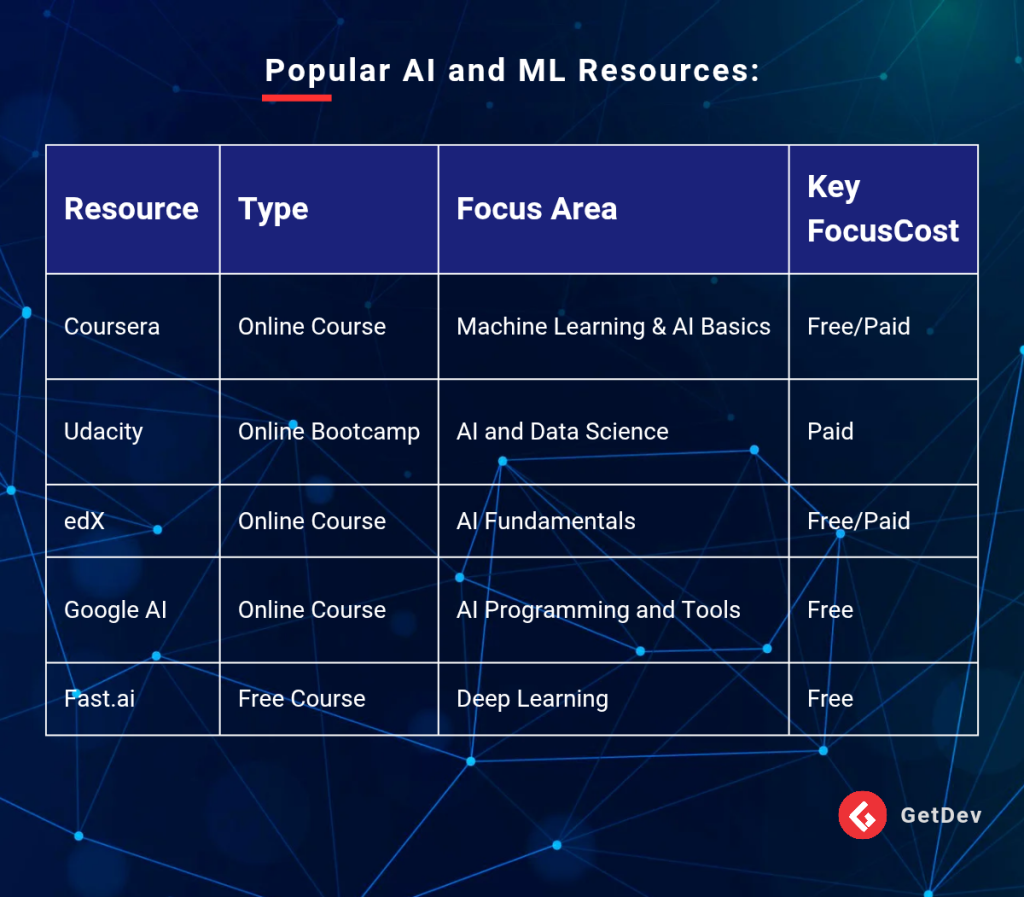
Step 2: Embrace Continuous Learning and Upskilling
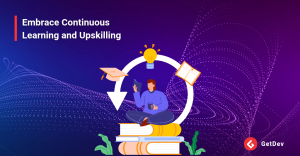
AI is constantly evolving, and so too should your skill set. Gone are the days when a single degree or certification was enough to carry your career for decades. To future-proof your tech career in the age of AI, you must adopt a mindset of continuous learning and improvement.
Key areas for upskilling in AI:
- Programming Skills: Python, Java, and R are essential languages for working with AI and machine learning. Python, in particular, is widely used in AI for its simplicity and effectiveness in data analysis and machine learning.
- Data Science and Analytics: With AI’s reliance on data, understanding how to work with large datasets, perform statistical analysis, and visualize data is critical. A solid foundation in data science will give you the ability to develop AI-driven solutions.
- Cloud Computing: Cloud platforms like AWS, Microsoft Azure, and Google Cloud are heavily integrated with AI technologies. Cloud-based AI tools and infrastructure are becoming more widely used, and being proficient in cloud computing will be beneficial.
- AI Ethics and Regulation: As AI grows, so does the need for understanding its ethical implications. Having knowledge of AI regulation, bias, fairness, and transparency will make you indispensable in an increasingly AI-powered world.
If you’re new to tech, building your skills from the ground up can feel like climbing Mount Everest. However, breaking down these skills into manageable steps, taking one course at a time, experimenting with AI projects, and seeking mentorship can make the journey much more attainable.
Step 3: Specialize in Emerging AI Technologies
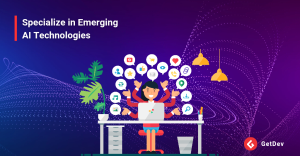
While general AI knowledge is essential, it’s equally important to specialize in specific areas that are particularly promising in the tech industry. Here are a few key AI technologies that are shaping the future of the workforce:
- Natural Language Processing (NLP): NLP is the ability of machines to understand and interpret human language. With the rise of voice assistants, chatbots, and automated customer service, professionals with expertise in NLP are in high demand.
- Computer Vision: AI systems can now “see” and interpret images and videos. This is used in everything from facial recognition software to self-driving cars. Specializing in computer vision will position you at the forefront of AI innovation.
- Reinforcement Learning: This area of AI focuses on creating systems that learn from interactions in dynamic environments. It’s especially valuable in robotics, autonomous vehicles, and gaming.
By specializing in one of these areas, you can differentiate yourself from other tech professionals and carve out a niche in the rapidly growing field of AI.
Step 4: Cultivate Soft Skills to Complement AI
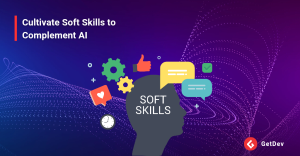
While technical expertise is crucial, soft skills such as creativity, problem-solving, critical thinking, and emotional intelligence will become even more valuable in the age of AI. Why? Because AI is a tool, not a replacement for human ingenuity. Machines might be able to crunch numbers and perform repetitive tasks, but they can’t replicate the creativity and nuanced decision-making that humans bring to the table.
Developing strong communication skills will also be key. In an AI-powered world, tech professionals must be able to explain complex concepts to non-tech stakeholders and collaborate effectively with teams across disciplines.
Step 5: Network with AI Innovators
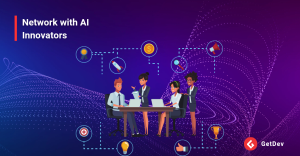
Networking is more important than ever when it comes to future-proofing your tech career in the age of AI. Surrounding yourself with industry leaders, innovators, and like-minded professionals can open doors to new opportunities and give you insights into the latest AI trends.
Attend AI conferences, participate in tech meetups, and engage with online AI communities like Reddit’s Machine Learning or AI subreddits, GitHub, and LinkedIn groups. Networking helps you stay up to date with the latest breakthroughs in AI and gives you a competitive edge as you learn from others in the field.
Step 6: Stay Agile and Adapt to Changes
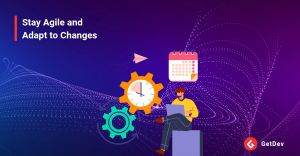
One of the most effective ways to future-proof your tech career in the age of AI is to stay agile. The pace at which technology advances can be dizzying, and the most successful professionals are those who adapt quickly to change. This means being open to experimenting with new tools, embracing emerging trends, and pivoting when necessary.
If a new AI framework or tool is gaining popularity, make it a point to learn it and integrate it into your workflow. By remaining flexible and proactive, you ensure that your career trajectory stays aligned with the future of AI.
Conclusion
Future-proofing your tech career in the age of AI isn’t about resisting change or holding on to outdated skill sets. It’s about adapting, evolving, and leveraging the power of AI to enhance your abilities. The reality is that AI isn’t going anywhere, it’s already reshaping industries, creating new opportunities, and driving innovation.
By staying informed, learning continuously, and developing both your technical and soft skills, you can position yourself at the forefront of this exciting era. Remember, AI isn’t here to replace you, it’s here to make you more efficient, creative, and innovative. So, dive in, experiment with AI tools, and build a future-proof career that not only survives in the age of AI but thrives within it.
Ultimately, in the ever-changing world of technology, the best way to future-proof your career is to never stop learning, adapting, and innovating. The future is already here, and it’s AI-powered, don’t let it leave you behind.